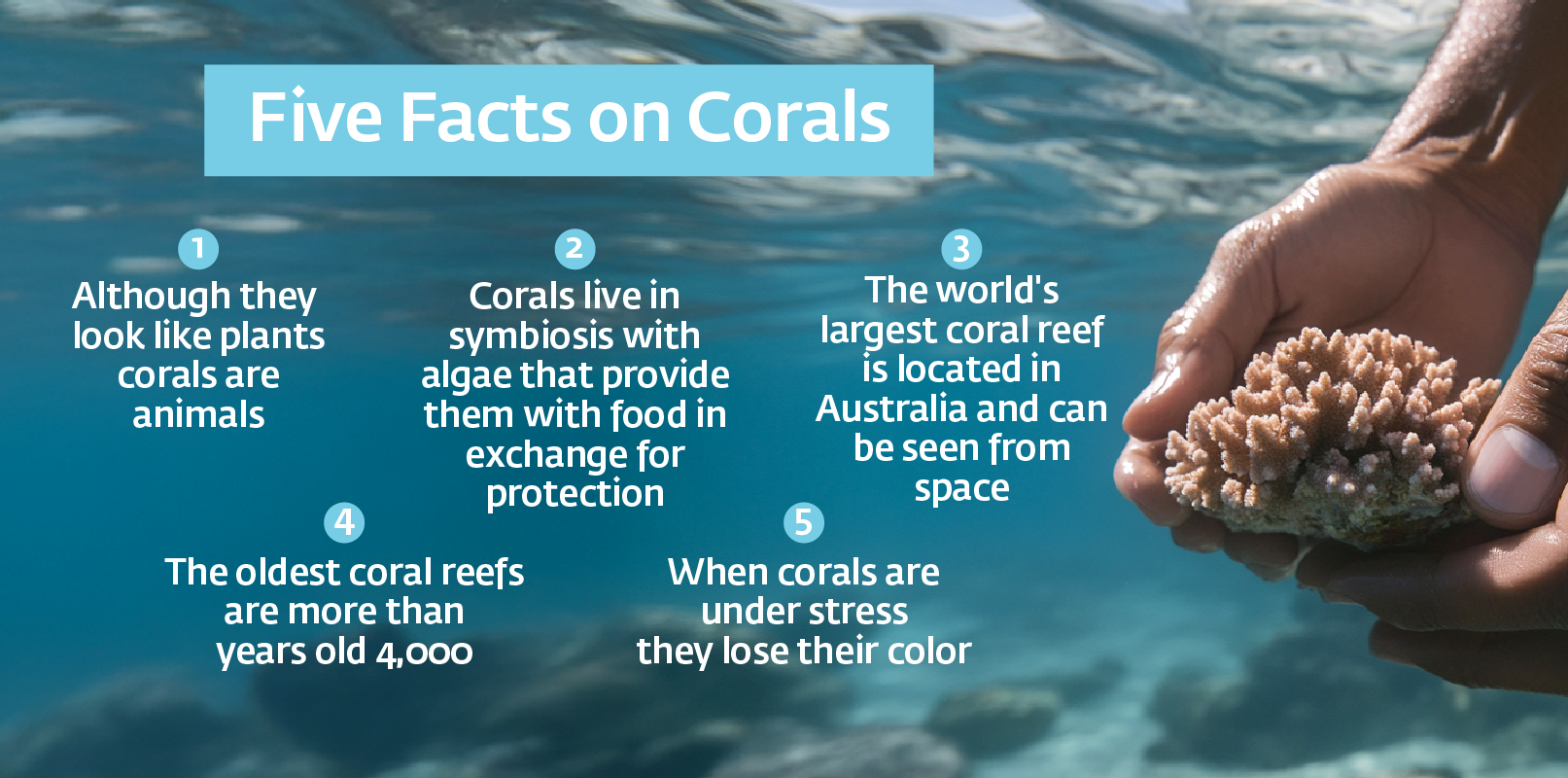Transplanting Ecosystems
Just like human organ transplants, scientists successfully transfer healthy reef communities to save degraded coral sites

A band new approach to coral reef restoration has shown remarkable success in the Gulf of Eilat/Aqaba in the Red Sea, according to new research published in Nature Communications. Scientists have discovered that transplanting healthy reef communities - including their invertebrates and bacterial ecosystems - can significantly improve the health of degraded coral reefs.
A Novel Approach to Reef Revival
Dr. Natalie Levy and Professor Oren Levy from Bar-Ilan University and the Inter-University Institute for Marine Sciences in Eilat, alongside Professor Ezri Tarazi from the Technion - and Professor David Bourne from James Cook University and the Australian Institute of Marine Science, pioneered this innovative method. Their approach centers on what could be described as an "ecosystem transplant" for coral reefs.
The Science Behind the Success
The research team designed biomimetic terracotta tiles that replicate the complex three-dimensional topography of natural coral reefs. These tiles served as hosts for a diverse community of organisms, including beneficial invertebrates and microorganisms, which were left to develop over six months on a healthy reef.
In a carefully orchestrated experiment, these tiles, rich with thriving organisms, were transferred to a degraded reef site six kilometres away. Corals from the degraded site were then attached to these tiles. To validate their findings, the scientists conducted a reciprocal experiment, moving tiles with substrate from the degraded area to the healthy reef site.

Remarkable Results
After six months only, the results were striking. Corals attached to tiles containing the healthy reef community showed significant improvements in their health markers. The scientists observed enhanced photosynthetic efficiency throughout the coral colonies, along with notably increased populations of symbiotic algae. Perhaps most importantly, the corals showed markedly reduced stress levels compared to their original state. The contrast between corals growing on healthy versus degraded substrate was stark, demonstrating the clear positive impact of the healthy reef ecosystem transplant.
A Sustainable Solution
This innovative approach, termed "artificial Coral Reef Ecosystem Transplantation" (aCRET), offers more than just a new restoration technique - it provides a flexible, cost-effective tool that can complement existing reef rehabilitation methods. The research suggests this strategy could be implemented worldwide, either independently or alongside current restoration practices like coral gardening or artificial reefs.
Looking Ahead
While the results are promising, the researchers emphasize the importance of selecting donor sites as close as possible to recipient reefs when performing organism transplants. They also stress the need for long-term studies to fully understand the benefits of these transplants across different coral species and environments.
This pioneering study represents a significant step forward in coral conservation, offering a practical, ecological, and sustainable solution to address the ongoing crisis threatening the world's coral reefs.